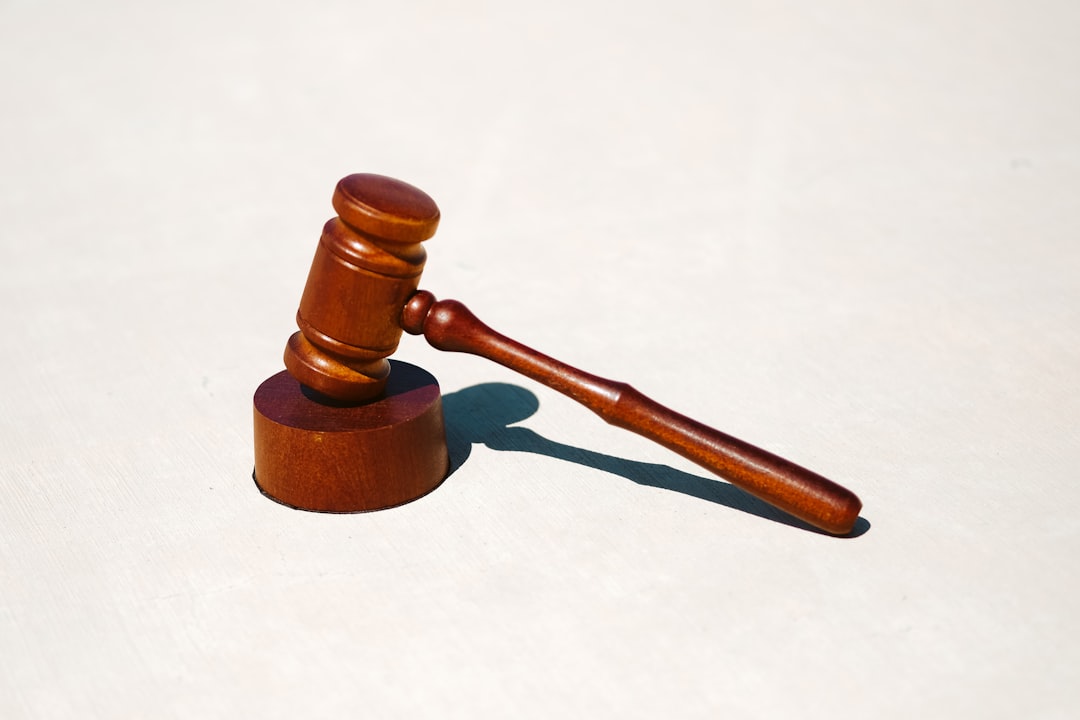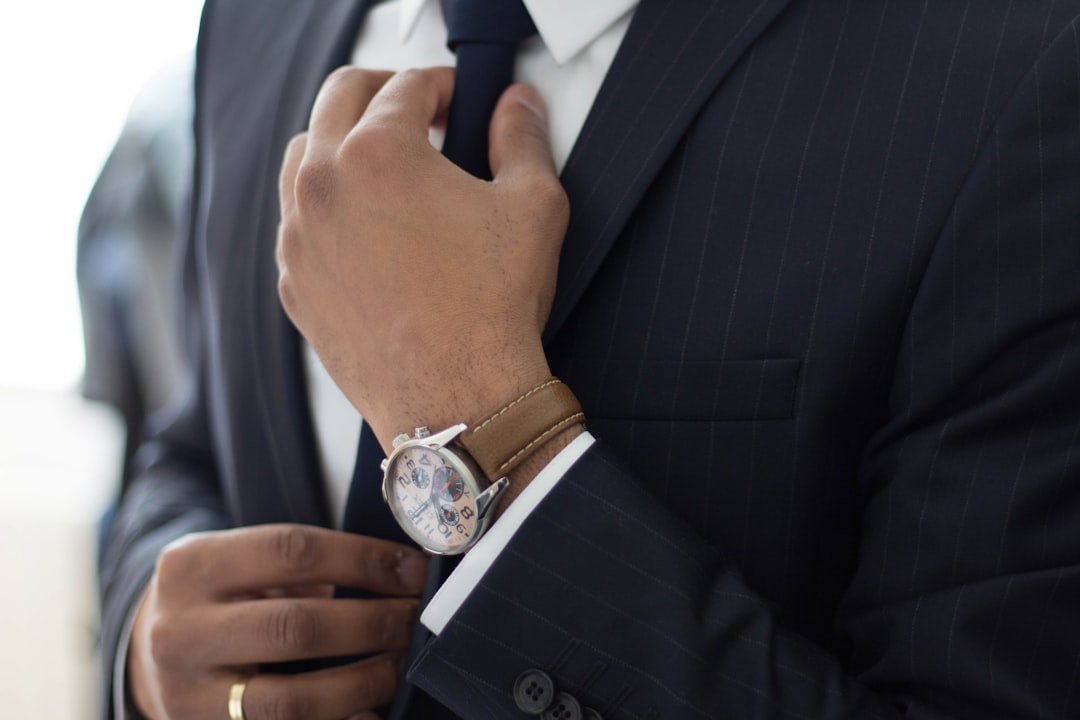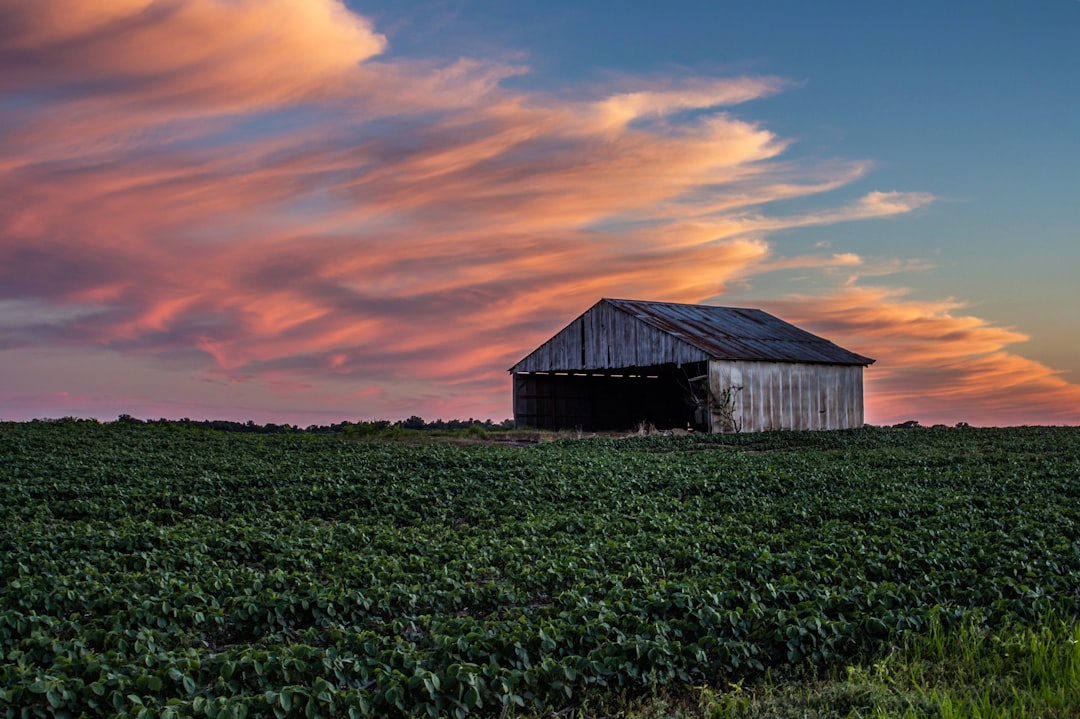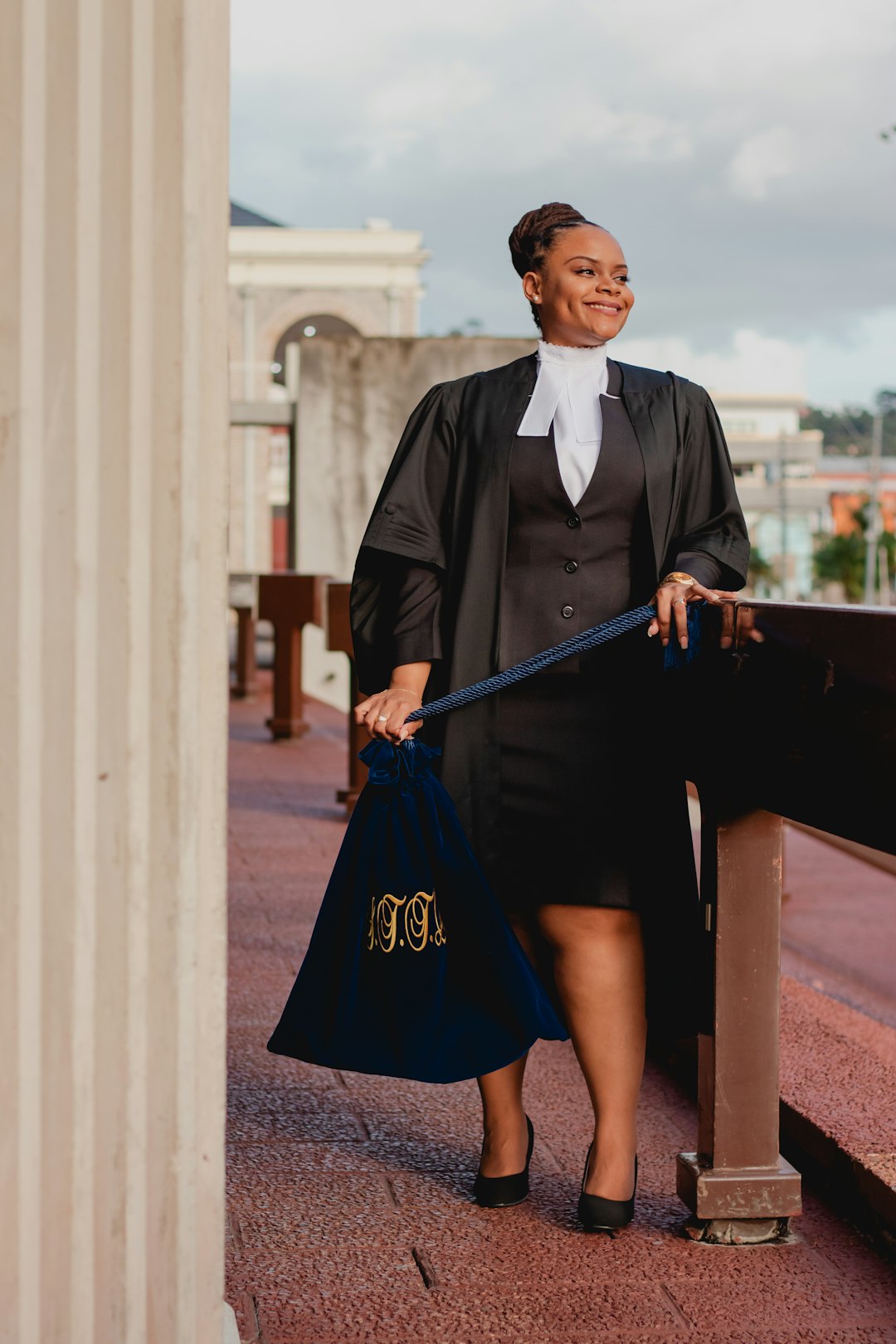Sexual abuse within equestrian centers in Indiana is a pressing issue highlighted by recent studies linking horse activities to higher misconduct rates. A sexual abuse attorney emphasizes the need for thorough staff screening and safer practices. Indiana offers legal protections and resources for victims, encouraging them to seek help promptly. Equestrian centers are implementing advanced safety protocols, training, and reporting systems in collaboration with law enforcement and attorneys to deter abusers and support victims.
In recent years, the issue of sexual abuse within equestrian centers has garnered increasing attention. As horse riding becomes more popular, ensuring rider safety—especially vulnerable individuals—is paramount. This article delves into the prevalence of sexual misconduct in Indiana’s equestrian settings and offers a comprehensive guide for victims seeking justice. We explore legal rights and resources available through a sexual abuse attorney in Indiana, along with best practices to implement safety protocols and prevent assaults within these facilities.
Understanding the Prevalence of Sexual Abuse in Equestrian Settings
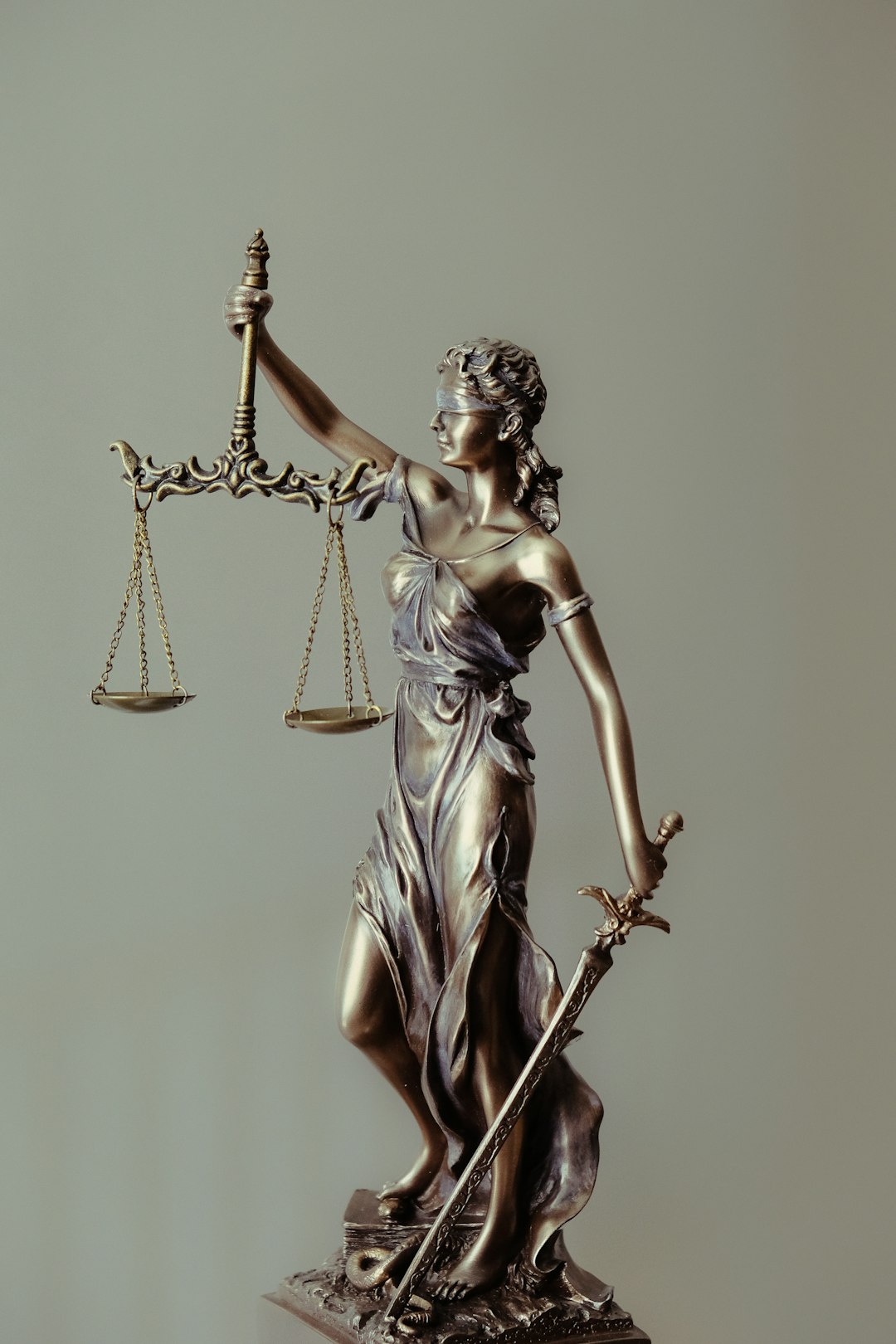
Sexual abuse within equestrian centers, while often overlooked, is a serious issue that requires immediate attention. Equestrian settings, with their intimate and trusting environment, can unfortunately provide an opportunity for individuals to take advantage of vulnerable riders, especially minors. According to recent studies, horse-related activities have been linked to increased instances of sexual misconduct, highlighting the need for heightened awareness and safety protocols in Indiana’s equestrian community.
Given the close-knit nature of many riding communities, it is crucial that both centers and parents/guardians be proactive in safeguarding against potential predators. A sexual abuse attorney in Indiana emphasizes the importance of implementing robust screening processes for staff and volunteers, ensuring a safe environment for young riders. By recognizing the risks and taking preventive measures, equestrian centers can play a pivotal role in protecting their community.
Legal Rights and Resources for Victims in Indiana
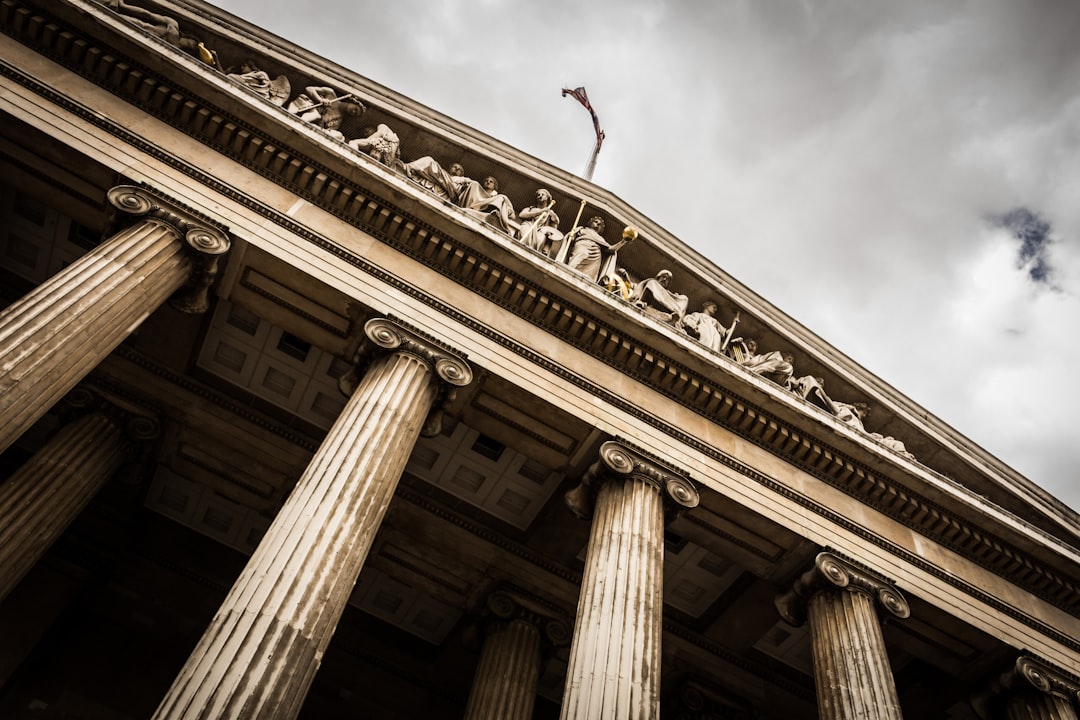
In the event of sexual abuse within equestrian centers in Indiana, victims have legal rights and resources available to them. It is crucial for individuals who have experienced such trauma to understand their options and seek help promptly. A sexual abuse attorney in Indiana can guide survivors through the legal process, ensuring they receive the justice and compensation they deserve. These professionals are well-versed in state laws and can assist with filing civil lawsuits against the responsible parties, be it an individual or an organization.
Indiana has specific legislation in place to protect victims of sexual misconduct, including those within sports and recreational activities. There are dedicated legal aid organizations and support groups that cater to survivors of sexual abuse, offering counseling, advocacy, and representation. Victims can take proactive steps by documenting their experiences, gathering evidence, and reaching out to trusted individuals or professionals who can provide the necessary support and direct them to relevant resources.
Implementing Comprehensive Safety Protocols to Prevent Assaults
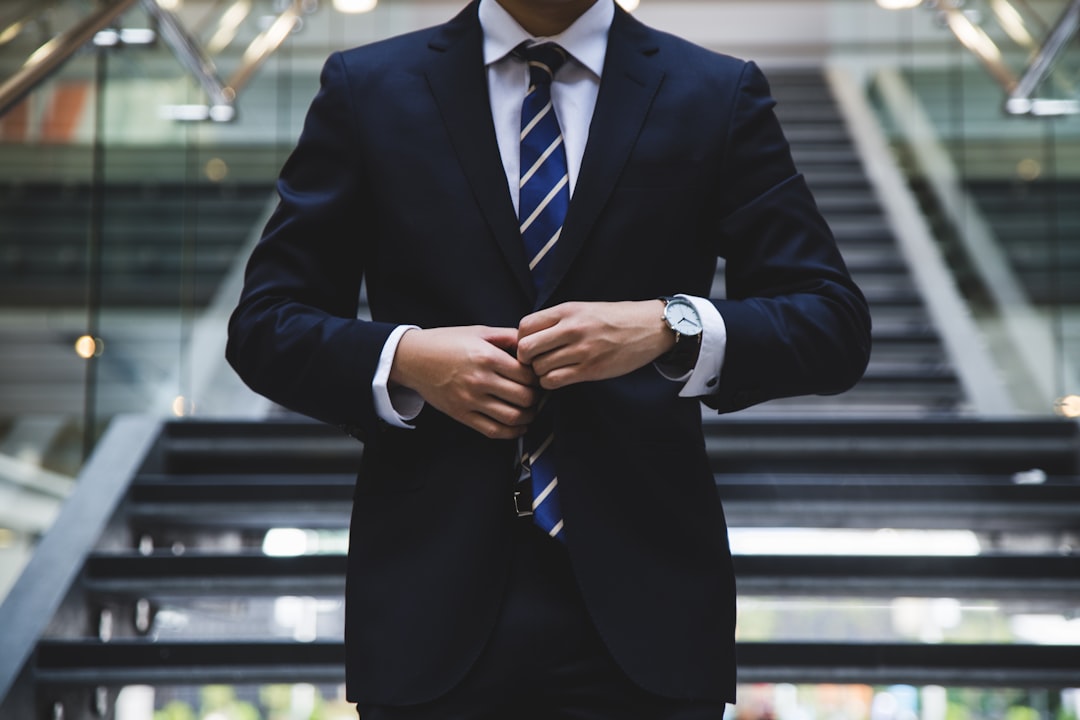
In response to growing concerns about sexual abuse within the equestrian community, many Indiana equestrian centers are implementing comprehensive safety protocols to protect riders and staff. These measures include enhanced security cameras, regular staff training on recognizing red flags, and mandatory reporting procedures for any suspicious activities or behaviors. By prioritizing rider safety, these centers aim to deter potential perpetrators and ensure a secure environment for all participants.
Additionally, several centers have partnered with local law enforcement agencies and sexual abuse attorneys in Indiana to establish clear guidelines for handling incidents. This collaboration includes immediate response teams, crisis counseling services, and legal support for victims who choose to pursue justice. Such proactive steps not only strengthen community safety but also empower individuals who may have experienced or witnessed sexual abuse to come forward and seek the help they need.
